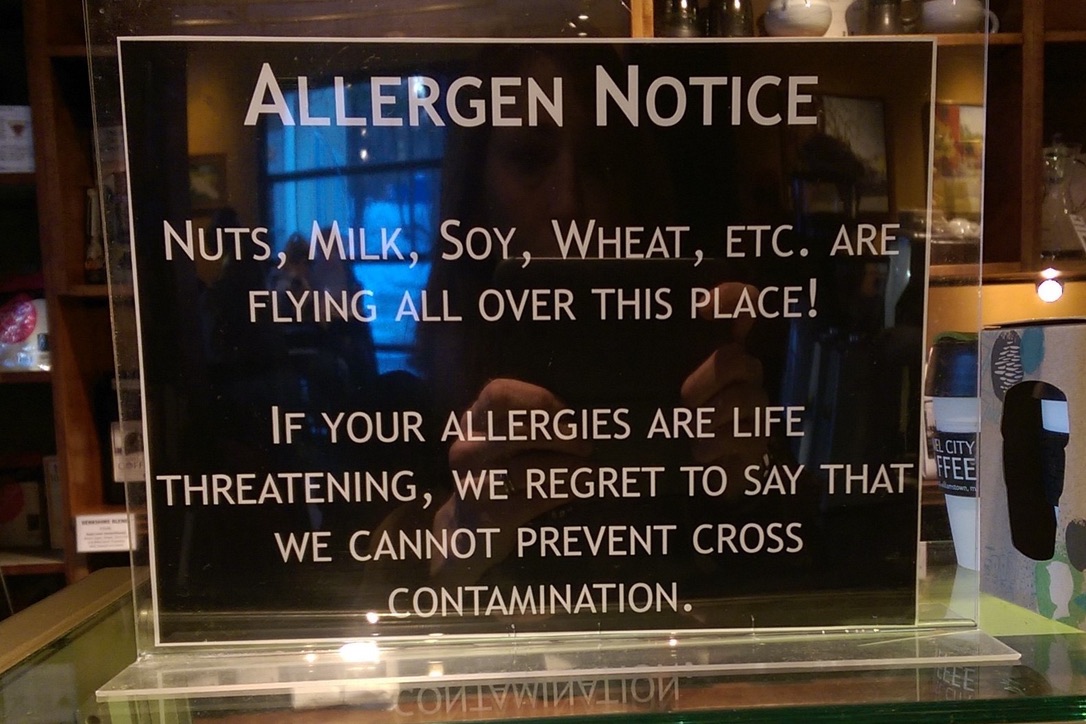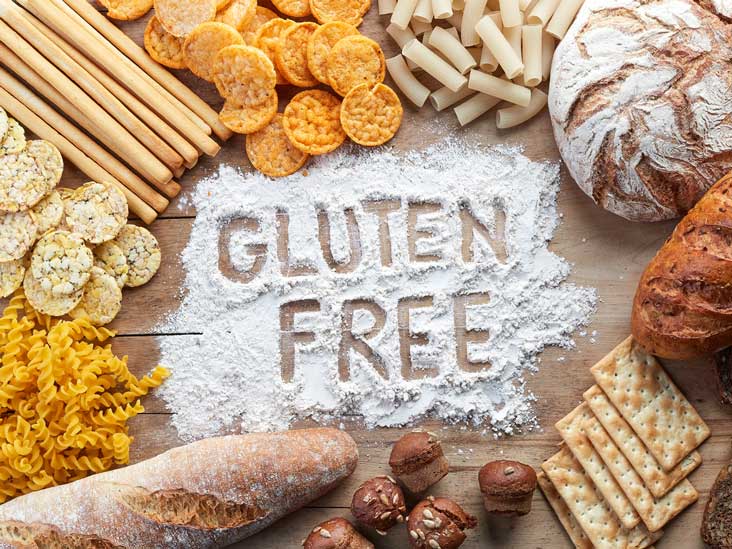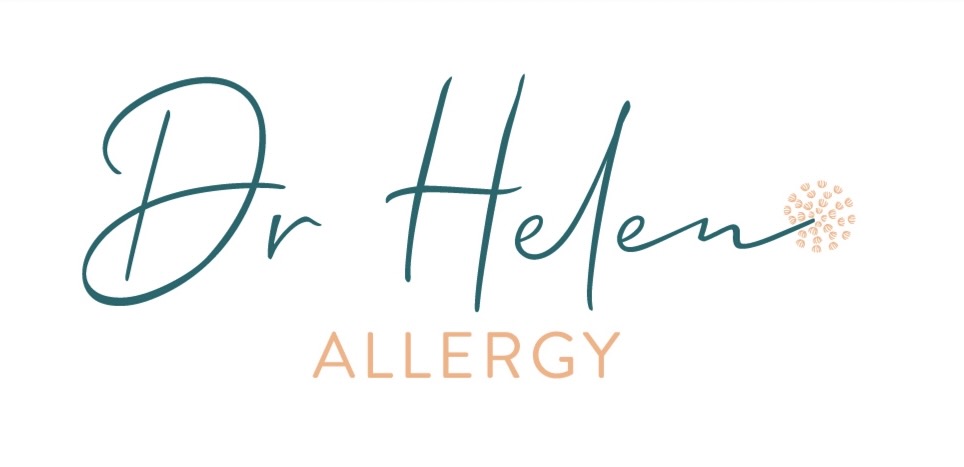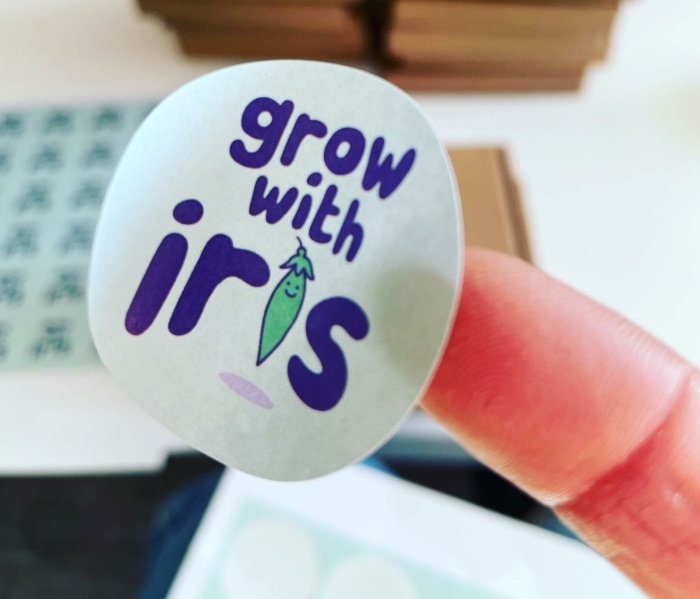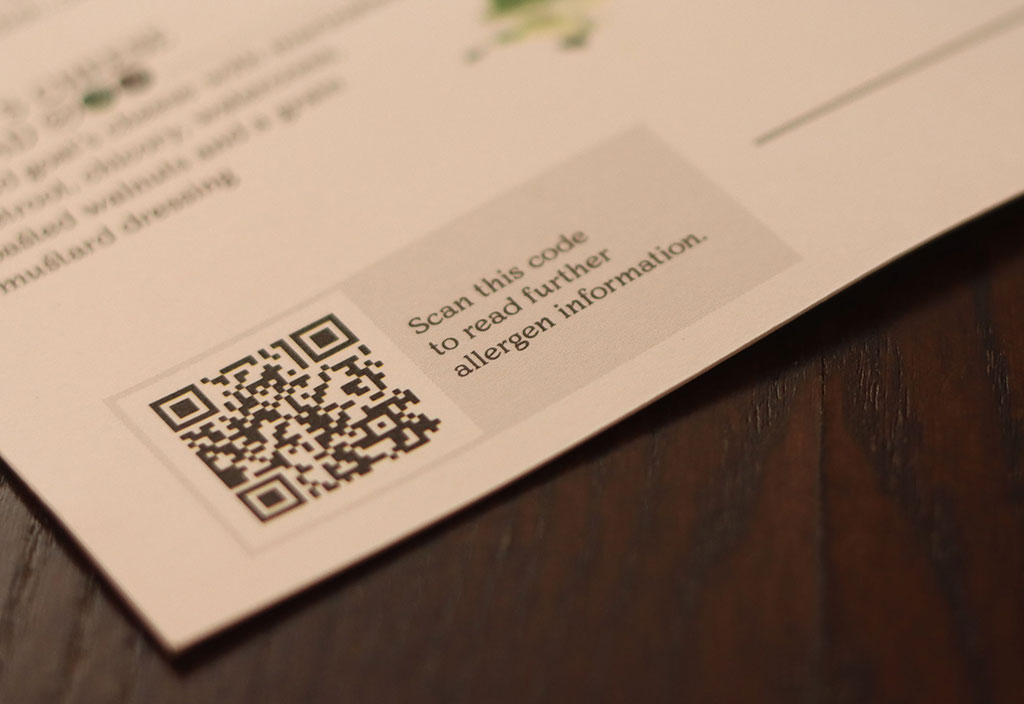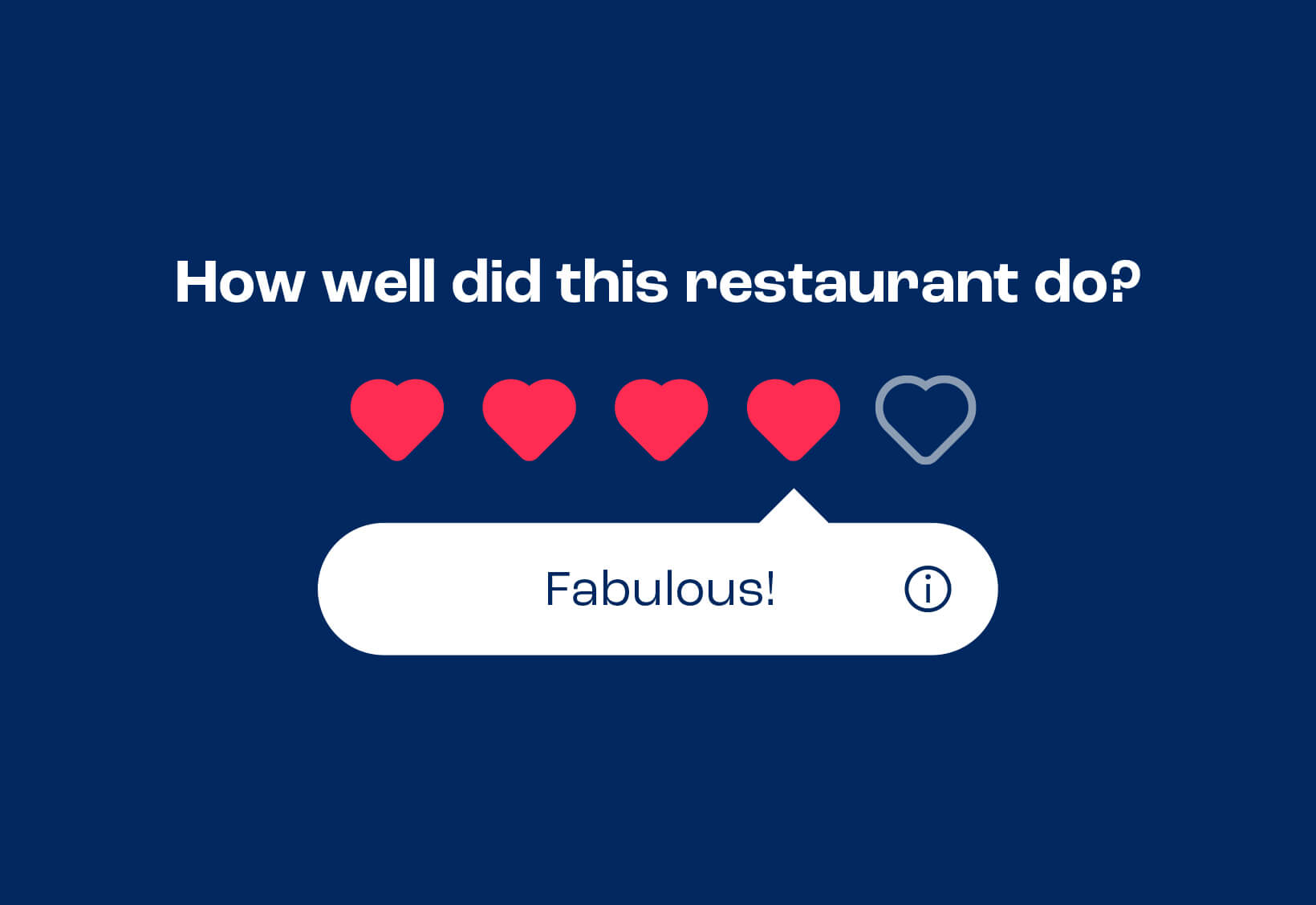The Importance of Declaring Your Allergies to a Restaurant: Why It’s Crucial for Your Safety

When dining out, it’s easy to get caught up in the excitement of choosing a dish, enjoying the ambience, and relaxing with friends. However, for people with food allergies, a simple meal can pose serious health risks if they don’t take the necessary precautions. One of the most important steps to ensure your safety is declaring your allergies to the restaurant staff before you order. In this blog post, we’ll discuss why this is so important, and how restaurants rely on this information to prepare safe meals for their customers.
Understanding Food Allergies and the Risks
Food allergies occur when the immune system mistakenly identifies a certain food as harmful and triggers a reaction. For some people, even trace amounts of an allergen can cause symptoms ranging from mild rashes or swelling to more severe reactions, such as difficulty breathing or anaphylaxis—a life-threatening condition.

While it might seem like a harmless ingredient, an allergen can cause a severe or even fatal reaction if it inadvertently ends up in a dish. This is why it is absolutely crucial for anyone with food allergies to inform the restaurant staff, so they can take appropriate steps to ensure the meal is safe.
Why Declaring Your Allergies is Essential
- Cross-Contamination Risks
Many foods are prepared in shared kitchens where multiple allergens are present. Even if a dish doesn’t contain a particular allergen by default, there is a risk of cross-contamination. For example, a knife or cutting board used to prepare a dish containing peanuts might inadvertently transfer peanut residue to another dish. By declaring your allergies upfront, you give the restaurant the chance to take precautions, such as using separate utensils, preparing your dish in a different area, or even swapping out ingredients to avoid cross-contact. - Ingredient Transparency
Many dishes contain hidden allergens or ingredients that aren’t always obvious. For instance, a seemingly harmless salad dressing could contain traces of dairy or nuts, or a sauce might contain gluten. By informing the staff of your allergies, they can double-check the ingredients and advise you on what is safe to eat. Some restaurants will also provide allergy-friendly menus or offer to make substitutions, but they can only do so if they know what allergens to avoid. - Ensuring a Safe Cooking Environment
In the kitchen, the team will be more vigilant when they know they are preparing a meal for someone with a specific allergy. This can mean cleaning grills, not using fryers, cleaning work surfaces thoroughly, as well as carefully choosing ingredients that haven’t been exposed to potential allergens. If the kitchen staff is unaware of your allergies, they cannot take these extra precautions, which may lead to accidental contamination. - Empowering the Staff to Act
By informing the restaurant about your allergies, you are allowing the staff to make informed decisions about how your meal is prepared. They can communicate with the kitchen, suggest alternative dishes, or warn you if certain foods might not be suitable. This communication ensures that your safety is prioritised and that everyone involved—from the front-of-house staff to the chefs—are on the same page when it comes to food preparation. - The Law and Restaurant Responsibility
In the UK, food businesses are legally required to provide allergen information for all their menu items, whether it’s through clear labelling or offering to explain ingredients on request. However, these regulations are only effective if diners make the effort to declare their allergies beforehand. Without this information, restaurants may not be able to serve you a safe meal, as they cannot predict what ingredients may trigger a reaction. Declaring your allergies is not just a safety measure—it is also a duty of care you have towards the business.
What Happens If You Don’t Declare Your Allergies?
If you choose not to inform the restaurant about your allergies, you risk putting yourself in a potentially life-threatening situation. While most restaurants take food allergies seriously and will do their best to accommodate, the absence of specific information makes it harder for them to protect you. Without knowing your specific allergens, the restaurant staff cannot ensure that the necessary steps are taken to prevent cross-contamination or provide you with the most accurate allergen information.
Additionally, if an allergen ends up in your meal due to oversight, the restaurant may not be held accountable if they weren’t made aware of your allergy in the first place. It’s your responsibility to ensure your safety, and the best way to do this is by being proactive in sharing your allergies with the restaurant staff.
What to Do When Declaring Your Allergies
When you arrive at a restaurant, it’s important to be clear and specific about your allergies. Here are some tips to ensure your needs are understood and met:
- Be Specific: Clearly list the allergens you need to avoid. Don’t simply say “I have allergies” – instead, mention exactly what you are allergic to (e.g., “I’m allergic to nuts, specifically peanuts”).
- Ask Questions: Do not hesitate to ask about the preparation methods, the ingredients in specific dishes, and the risk of cross-contamination. A reputable restaurant will be happy to provide this information.
- Use Allergy Cards: If you are travelling or dining out frequently, consider carrying an allergy card that lists your allergies in detail. This can be handed to the server to ensure nothing is missed.
- Double-Check: Once your order is taken, it is worth repeating your allergies to confirm that they’ve been noted. This shows that you are serious about your safety and helps ensure your needs are prioritised.
Conclusion
Declaring your food allergies to a restaurant is more than just a courtesy—it is a vital step to ensure your own safety.
By informing the staff of your allergies, you give the restaurant the opportunity to take the necessary precautions to prepare a meal that is safe for you to eat. While restaurants in the UK are required to provide allergen information, it is your responsibility to make sure they know what to avoid.
Thank you
By working together, you and the restaurant can help create a safe and enjoyable dining experience. Always remember, your health is the most important ingredient in any meal.
Thank you for reading this blog and we hope you found it useful. You might also be interested in our blog, “Food Disclaimers, Food for Thought“.


